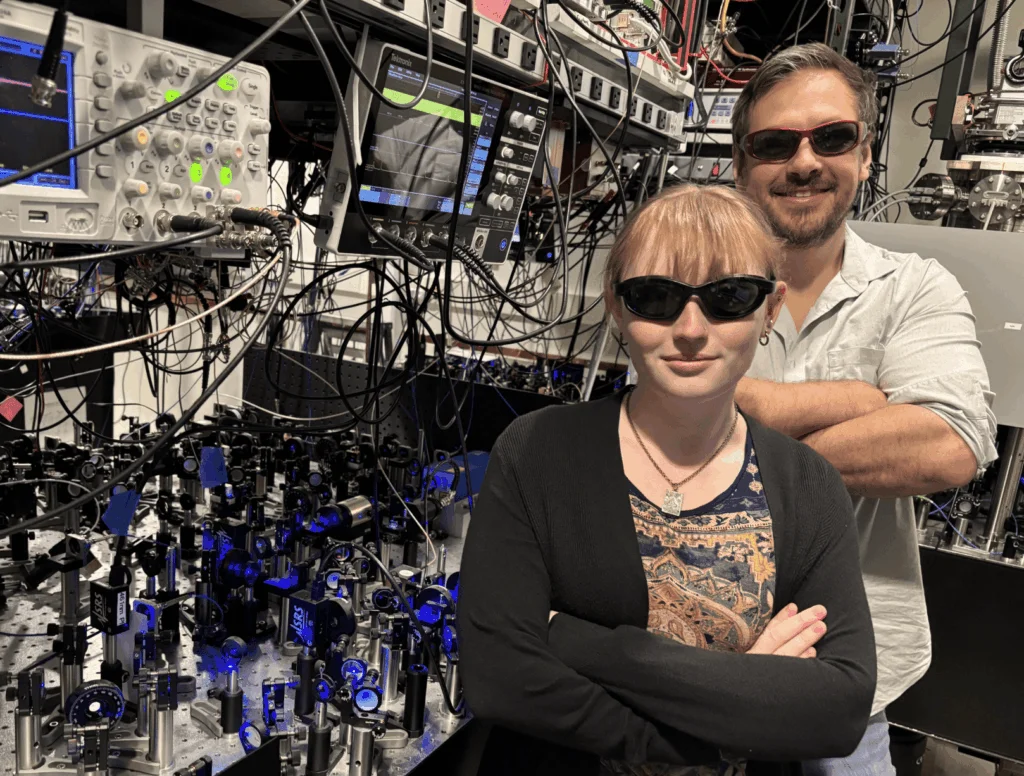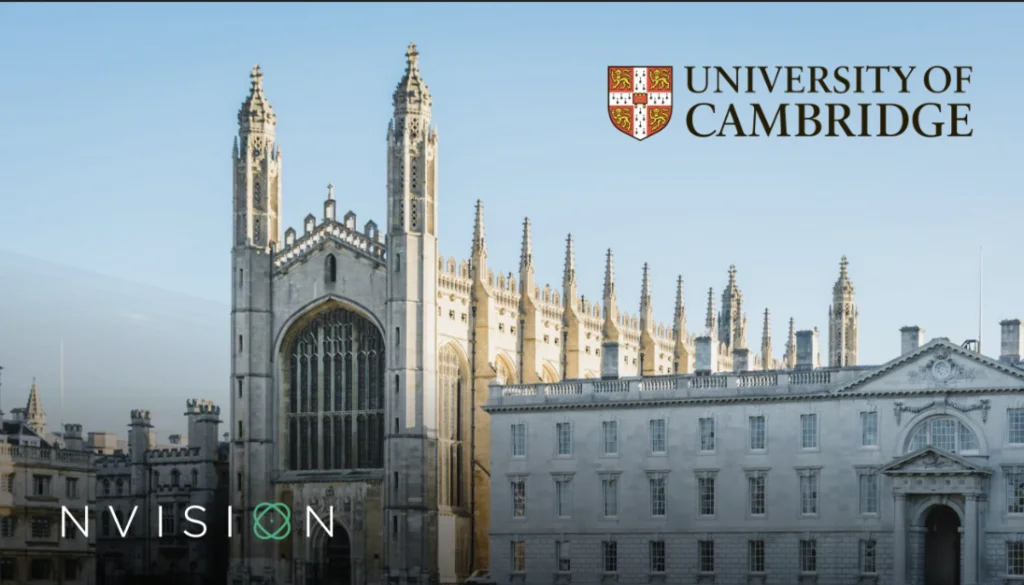Select customers will have access to three prototype quantum computers, thanks to a new initiative from Microsoft.
The software giant announced today that these customers will be able to use quantum computers from Honeywell and from two startups, IonQ and QCI, according to Wired.
Microsoft’s Azure Quantum integrates quantum programming tools that the company released previously with its cloud service. Coders can run quantum code on simulated quantum hardware, or real quantum hardware from Honeywell, IonQ, or QCI.
The move is designed to help build a community of developers, according to company officials.

“We know that we’re not going to come up with the whole landscape of possible solutions; we need a global community,” says Krysta Svore, general manager for Microsoft Quantum.
Honeywell officials said the new partnership with Microsoft’s Azure Quantum also gives organizations a new way to familiarize themselves with quantum computing.
“The era of quantum computing is just beginning, and we are looking forward to bringing that capability to a broader audience,” said Tony Uttley, president of Honeywell Quantum Solutions.
Microsoft is joining other quantum giants in offering access to quantum computers. IBM has offered free and paid access to prototype quantum computers since 2016. Google, which said last week that one of its quantum processors had achieved “quantum supremacy” by outperforming a top supercomputer, has suggested it will soon offer remote access to quantum hardware to select companies.
Microsoft CEO Satya Nadella said the company’s move is aimed at creating a quantum computing ecosystem that can solve real-world problems.
“With all the capacity we have around computing, we still have many unsolved problems, whether it’s around food safety, or climate change, or the energy transition,” Nadella said. “These are big challenges that need more computing. We need general-purpose quantum.”
Unlike their competitors, Microsoft’s program offers access to several different quantum computing technologies. Their partners represent two leading but different ways of building quantum computers, according to Wired. Honeywell and IonQ encode data using individual ions trapped in electromagnetic fields, while QCI uses superconducting metal circuits, an approach also favored by IBM and Google.
Quantum hardware is expensive and complex, which puts most companies in the position to experiment with the equipment through a cloud service rather than buying or building their own quantum computers.
Microsoft’s model for the quantum cloud could also solve a problem for companies making progress on quantum hardware, like Honeywell or several richly funded startups, that don’t have cloud businesses of their own and may find it hard to attract customers. “This allows us to focus on what we are best at, making best-in-class quantum computers,” says Peter Chapman, CEO of Microsoft partner IonQ. The startup’s early customers include Dow Chemical, which wants to use quantum computers to solve chemistry problems.
The announcement was made at the Microsoft Ignite conference in Orlando, Fl.















